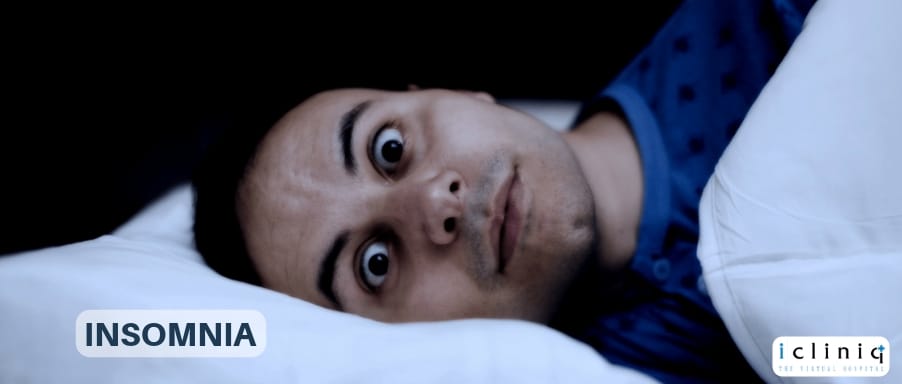What Causes Insomnia?

Listening to the tick-tock of the clock as you stare at the electronic glow on the nightstand, or counting off the hours of sleep you may get if only you could fall asleep. If you regularly experience this situation, you may be suffering from insomnia.
Stage #1: This stage begins the sleep cycle process and assists in transitioning between wake and sleep.
Stage #2: This stage involves rhythmic brain wave activity. Body temperature and heart rate start to decrease.
Stage #3: This stage assists in transitioning between light and deep sleep.
Stage #4: Known as delta sleep, slow brain waves begin.
Stage #5: Known as REM (rapid eye movement), brain activity and muscle relaxation begins. A common misconception is assuming sleeping through the night provides the proper amount of daily sleep requirements. Although individuals may sleep through the night, they may not be completing sleep cycles of all five stages. Individuals suffering from insomnia fail to experience stages 4 and 5.
Stage 4 provides restorative functions. It is during this stage when restoration of muscles, tissue and immune system occur. Stage 5 restores and processes daily memory and learned information. Neurotransmitters produce chemicals such as serotonin and dopamine. These chemicals are necessary for providing energy levels throughout the day.
Causes of Insomnia





